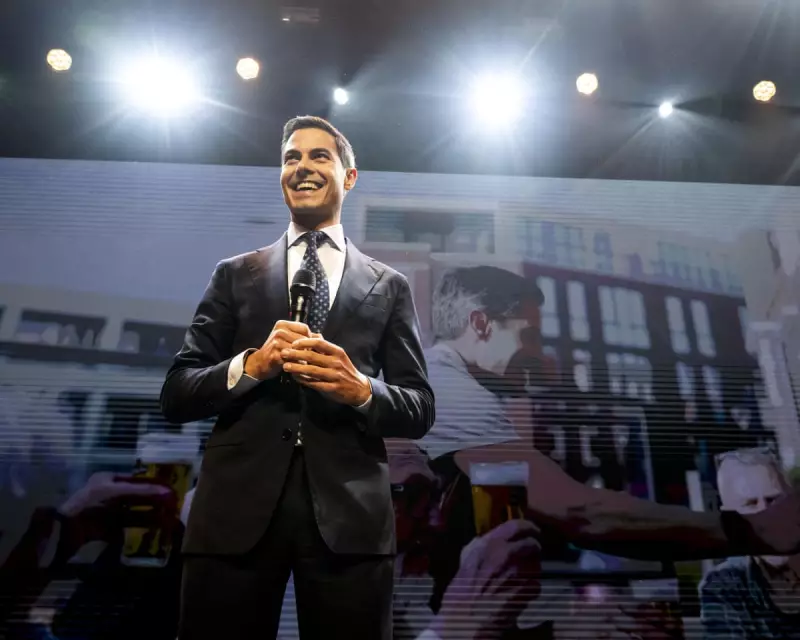
In a political earthquake that has sent shockwaves across Europe, Geert Wilders and his Freedom Party (PVV) have emerged as the clear winners of the Dutch parliamentary elections, positioning the controversial far-right leader to potentially become the Netherlands' next prime minister.
A Historic Political Upheaval
With nearly all votes counted, Wilders' PVV has secured a commanding lead, dramatically outpacing his closest rivals. The Labour-Green alliance led by former climate minister Rob Jetten trails significantly behind, while outgoing Prime Minister Mark Rutte's party faces a crushing defeat following his recent departure from politics.
This victory represents a monumental shift in Dutch politics, traditionally known for its consensus-based approach and liberal values. Wilders, often dubbed the "Dutch Trump" for his fiery rhetoric and anti-immigration stance, has spent decades on the political fringe before this breakthrough moment.
Europe Watches with Apprehension
The election results have triggered immediate concern among European allies, particularly regarding the Netherlands' future stance on Ukraine. Wilders has previously expressed scepticism about continuing military support for Kyiv, though he recently moderated his position during the campaign.
European capitals are bracing for potential turbulence as the Netherlands, a founding EU member, could now be led by a party that has advocated for a "Nexit" referendum on leaving the European Union.
International Reactions and Security Concerns
The election outcome coincided with heightened security alerts across Europe. In Paris, the Louvre Museum was evacuated following a bomb threat, while Poland reported attempted cyberattacks on its railway network amid ongoing tensions with Russia.
These security incidents underscore the fragile geopolitical landscape that Wilders will navigate as he begins coalition negotiations. Political analysts suggest he may need to form alliances with more moderate parties to secure a governing majority, potentially forcing compromises on his most controversial policies.
What Comes Next for the Netherlands?
The formation of a new government will likely involve complex negotiations that could take weeks or even months. Key questions remain about how Wilders will translate his campaign promises into practical policy, particularly regarding:
- Radical immigration restrictions and asylum policies
- The Netherlands' continued support for Ukraine
- Relations with the European Union and NATO allies
- Climate and environmental regulations
This election result marks one of Europe's most significant political shifts in recent years, reflecting growing populist sentiment across the continent and potentially inspiring similar movements in other EU nations facing their own electoral tests.





